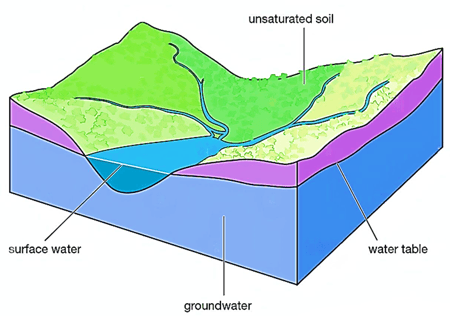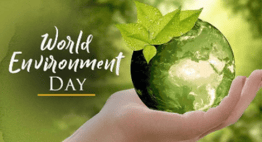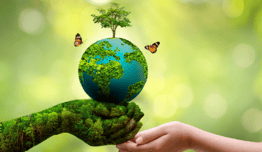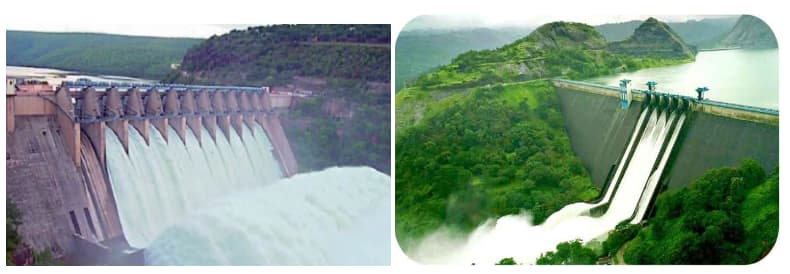The water level under the ground is called the water table. It is the upper level of an underground surface in which the soil or rocks are permanently saturated with water. The water table varies from place to place, and it may even change within the same place. The water table falls during the summer and rises during the rainy season. The water table will fall if too much groundwater is withdrawn. This causes groundwater depletion. Groundwater depletion is the gradual and continuous lowering of the water table.

Discuss the various factors that have contributed to the depletion of the water table.


Important Questions on Water: A Precious Resource
Mr. Prasanna is the president of his colony. He does not allow people to remove grass and plants and make the land concrete as this would adversely affect the water table. In their society meetings, he explains the importance of green areas for increasing the water table and the ill-effects of making land concrete.

From the above comprehension, answer the following questions:
1. Mention any two ways in which trees and forests help in maintaining the water table.
2. How does concrete land affect the water table?
Anu has always been very fond of flowers. She therefore planted a huge variety of flowering plants in her yard. She waters her plants every morning, after school, in the evening and also at night. As a result, Anu has developed the habit of overwatering the plants in her yard.

From the above, do you think that overwatering the plants could lead to groundwater contamination? If so, how?
Rakesh visited his native village during summer vacations. For the past three years there were insufficient rains in his village due to which the villagers had been extracting underground water for irrigation through tube wells.
This year the tube wells had to be dug much lower into the ground to extract water. Rakesh explained the consequences of uncontrolled use of tube well technology to his relatives who are all farmers. He suggested them varrious water conservation techniques such as rainwater harvesting and drip irrigation.

State any two values exhibited by Rakesh. Why do you think that tube well had to be dug much lower into the ground to extract water?
World Environment Day is celebrated annually on June. It is the United Nation's principal vehicle for encouraging awareness and action for the protection of the environment. On this occasion, Sharvi's school organized a 'Graffiti Competition'. All the participants painted the walls of school with environmental slogans, messages and pictures.


Sharvi and her friends also participated in the event and after they were done with making the graffiti, they went on to see the other participant's work. They read a slogan; 'Life is not possible on Earth without freshwater'.
Could you help them understand the meaning of the slogan they read?
Ruchi and her father were watching the news on TV. A news regarding dams was running on TV i.e. environmentalists were opposing one dam construction.

Then Ruchi asked her father that; a dam holds water for later use, irrigation, navigation, hydroelectricity, flood control, fishing, and recreation. Then why are these people opposing the construction of dam, if it has so many uses for us?
Then her father said, "Environmentalists generally oppose when a dam is constructed". What could be the reason behind it? Collect information about the first dam that was built in India after independence. Also, find out how dams are used to produce hydroelectricity.
Sagar's school management arranged a field visit to a farm. All the students of class along with their teachers went to the farm. During field visit, they saw farmers applying different irrigation methods. The students were told about each irrigation method by the farmers and teachers in detail. The head farmer informed that they were advised to adopt drip irrigation in recent years by an environmental engineer Vikash and they are prominently using this method only for irrigation now. Could you find out the reason behind the advice given by Vikash?

